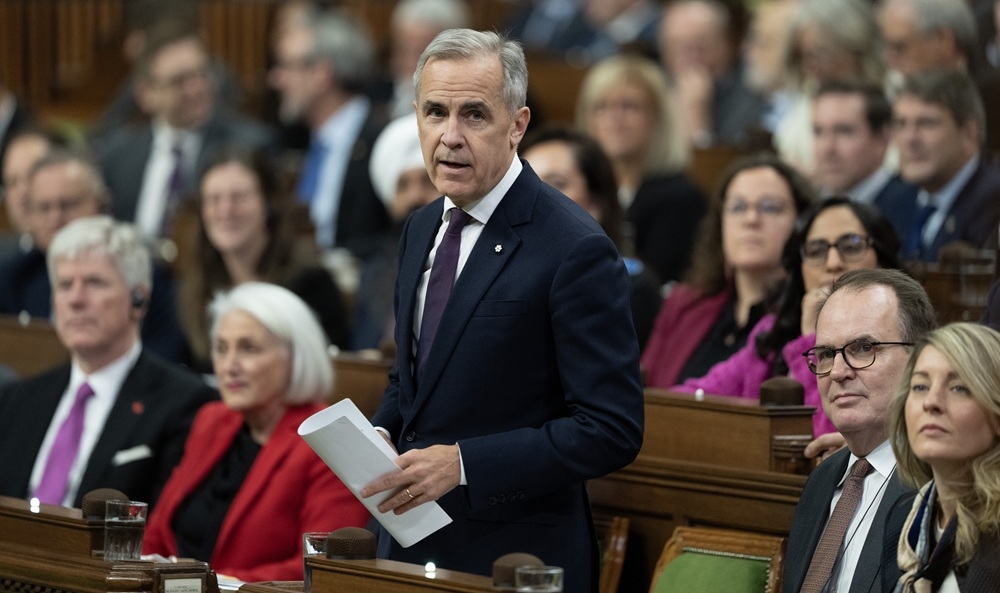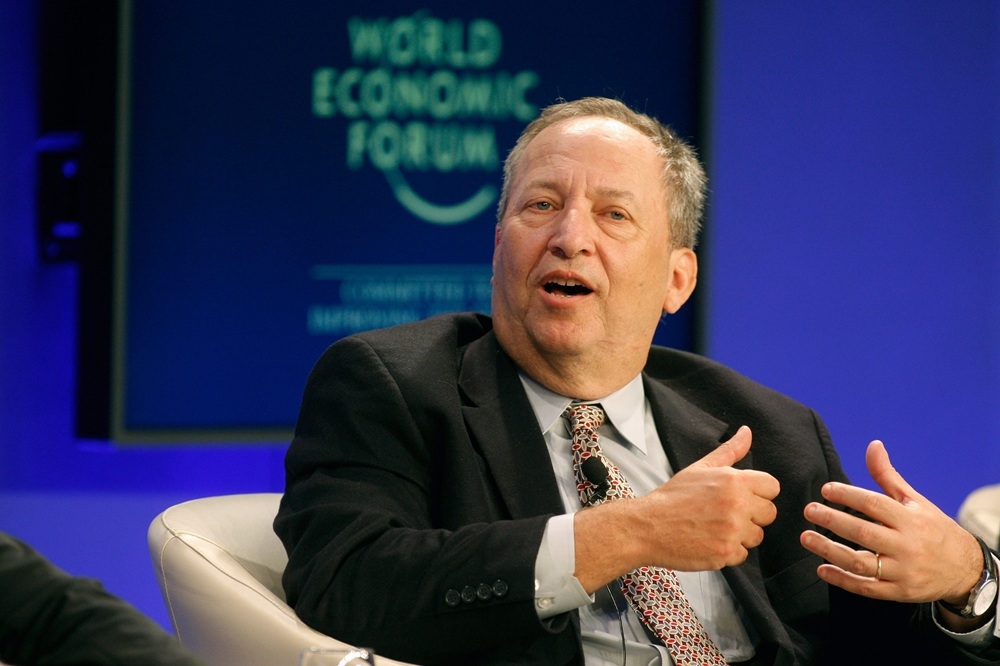A political crisis was averted late Monday as Canadian Members of Parliament narrowly approved the new Prime Minister’s budget, staving off an immediate election. The vote was a critical test for Mark Carney’s minority Liberal government, demanding support from outside their party to secure passage.
The budget, however, faced fierce opposition. Critics focused on its substantial $78.3-billion deficit, arguing it represented a continuation of past spending habits rather than a new direction for the country.
Concerns were voiced that the government was relying on increased borrowing to stimulate the economy, a strategy some believe has already proven ineffective. Past attempts, they argue, resulted in rising inflation and a sluggish economic performance for Canadians.

Prime Minister Carney framed the budget as a strategic shift – a move towards focused investment rather than unrestrained spending. He emphasized the plan to allocate $280 billion over five years to vital sectors like infrastructure, housing, and national defense.
The government projects this public investment will act as a catalyst, attracting over $1 trillion in combined public and private sector investment, injecting significant momentum into the Canadian economy. Carney boldly declared this budget a fundamental departure from previous fiscal approaches.
The current situation marks a significant transition in Canadian politics. Carney assumed the role of Prime Minister just weeks ago, on March 9th, following the unexpected resignation of Justin Trudeau amid internal party divisions.
Trudeau’s departure brought an end to his nine-year tenure, a period that saw the Liberals maintain power for an unprecedented fourth consecutive term. The budget vote now allows Carney’s government to continue its course, at least for the immediate future.





